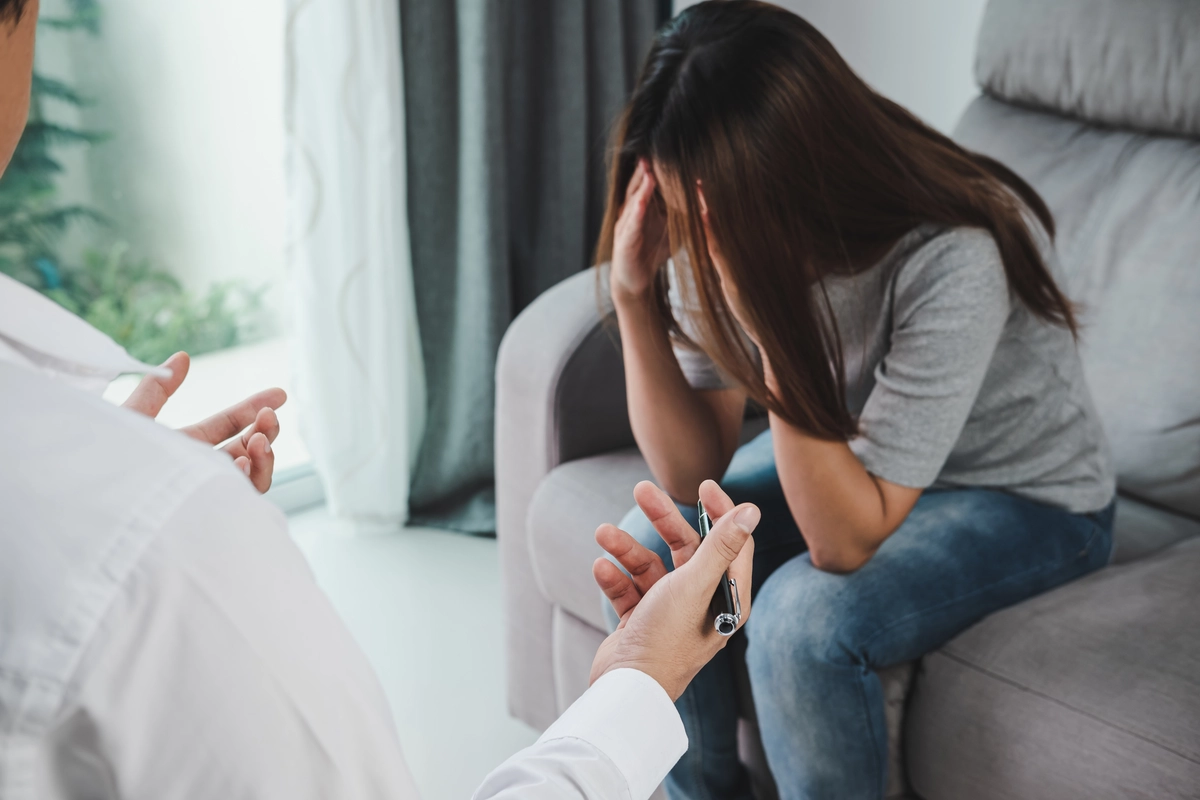24/7 Helpline:
(866) 899-221924/7 Helpline:
(866) 899-2219
Learn more about Klonopin Detox centers in Oscoda County
Other Categories in Oscoda County

Other Insurance Options

GEHA

BlueShield

Access to Recovery (ATR) Voucher

Holman Group

Carleon

MVP Healthcare

Magellan

American Behavioral

Highmark

Cigna

United Health Care

Providence

Humana

PHCS Network

MHNNet Behavioral Health

Sliding scale payment assistance

Oxford

Self-pay options

BHS | Behavioral Health Systems

BlueCross

AuSable Valley Community Mental Health
AuSable Valley Community Mental Health is a public rehab located in Mio, Michigan. AuSable Valley Co...




















